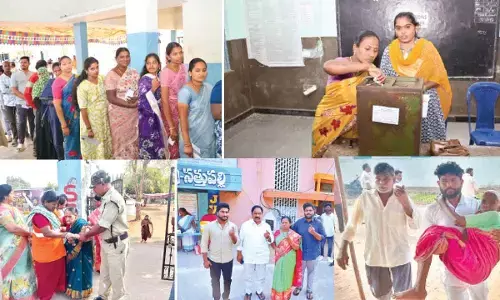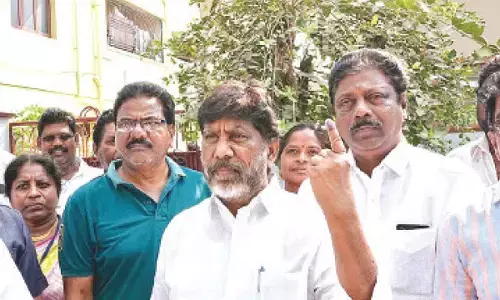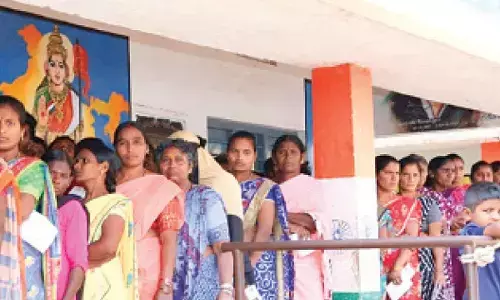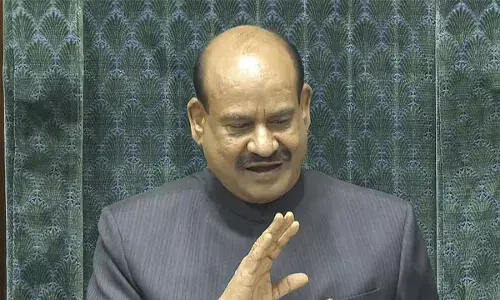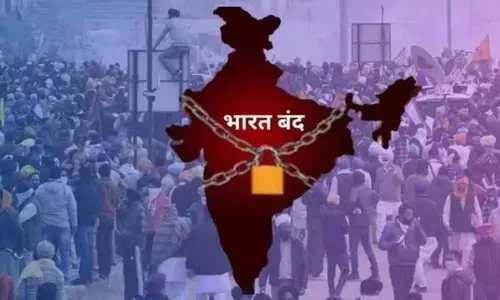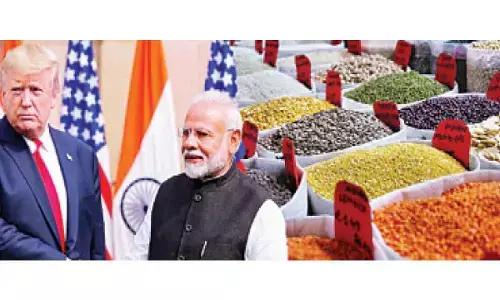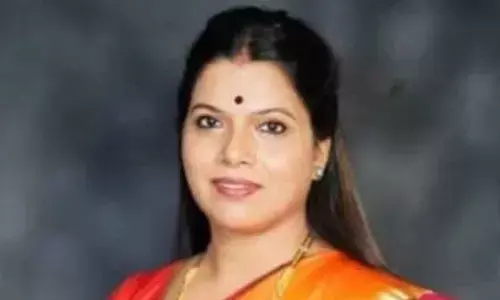Judiciary for gender justice, equality in 2018
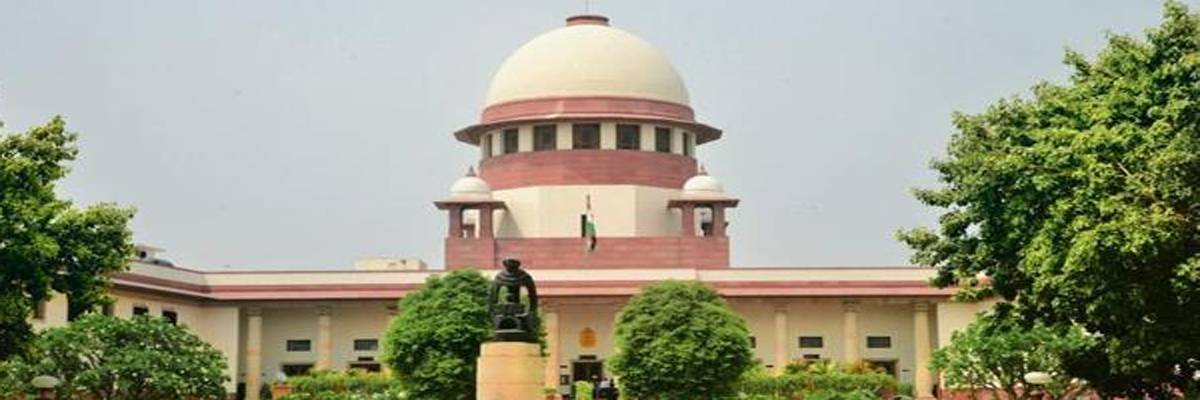
The fight for gender justice and equality got a major boost from the judiciary in 2018 with the Supreme Court allowing women of all ages to enter the Sabarimala temple and reaffirming death penalty to three convicts in the Nirbhaya gangrape and murder case
The fight for gender justice and equality got a major boost from the judiciary in 2018 with the Supreme Court allowing women of all ages to enter the Sabarimala temple and re-affirming death penalty to three convicts in the Nirbhaya gangrape and murder case.
The apex court also dealt with cases of rampant sexual abuse of women at shelter homes across the country, including the sensational one at Muzaffarpur. The court termed as ‘horrible’ and ‘scary’ the details of the Muzaffarpur case placed before it by the CBI, which during the investigation allegedly recovered large quantity of ammunition from former Bihar Minister Manju Verma and her husband Chandrashekhar Verma. Manju Verma had resigned as Bihar's Social Welfare Minister following the Muzaffarpur case after it had come to light that her husband had allegedly spoken to prime accused Brajesh Thakur several times between January and June.
The apex court also took a tough stand against religious practices and archaic laws that repressed women “under the garb of biological or physiological factors” or treated them as a “chattel” and denuded them of their ‘sexual autonomy’ and did away with archaic penal provision that made adultery a crime.
It struck down section 497 of the Indian Penal Code, which neither allowed a wife to prosecute her husband nor the other woman for adultery and permitted a man to take legal action against his spouse's lover for the same. The sensational Kathua gangrape and murder case of an eight-year-old girl from Jammu, which shocked the nation and drew international attention, saw the judiciary - the Supreme Court and Delhi High Court - initiating proceedings on their own relating to obstructions created by lawyers and revelation of the victim's identity by media.
The apathy of the government in disbursing funds to victims of rape came into fore when the apex court expressed its shock when it came to know that the Madhya Pradesh government was disbursing Rs 6,000-6,500 only to each rape victim. The Supreme Court modified its earlier order by removing the buffer against immediate arrest in dowry harassment cases.
By Usha Rani Das


